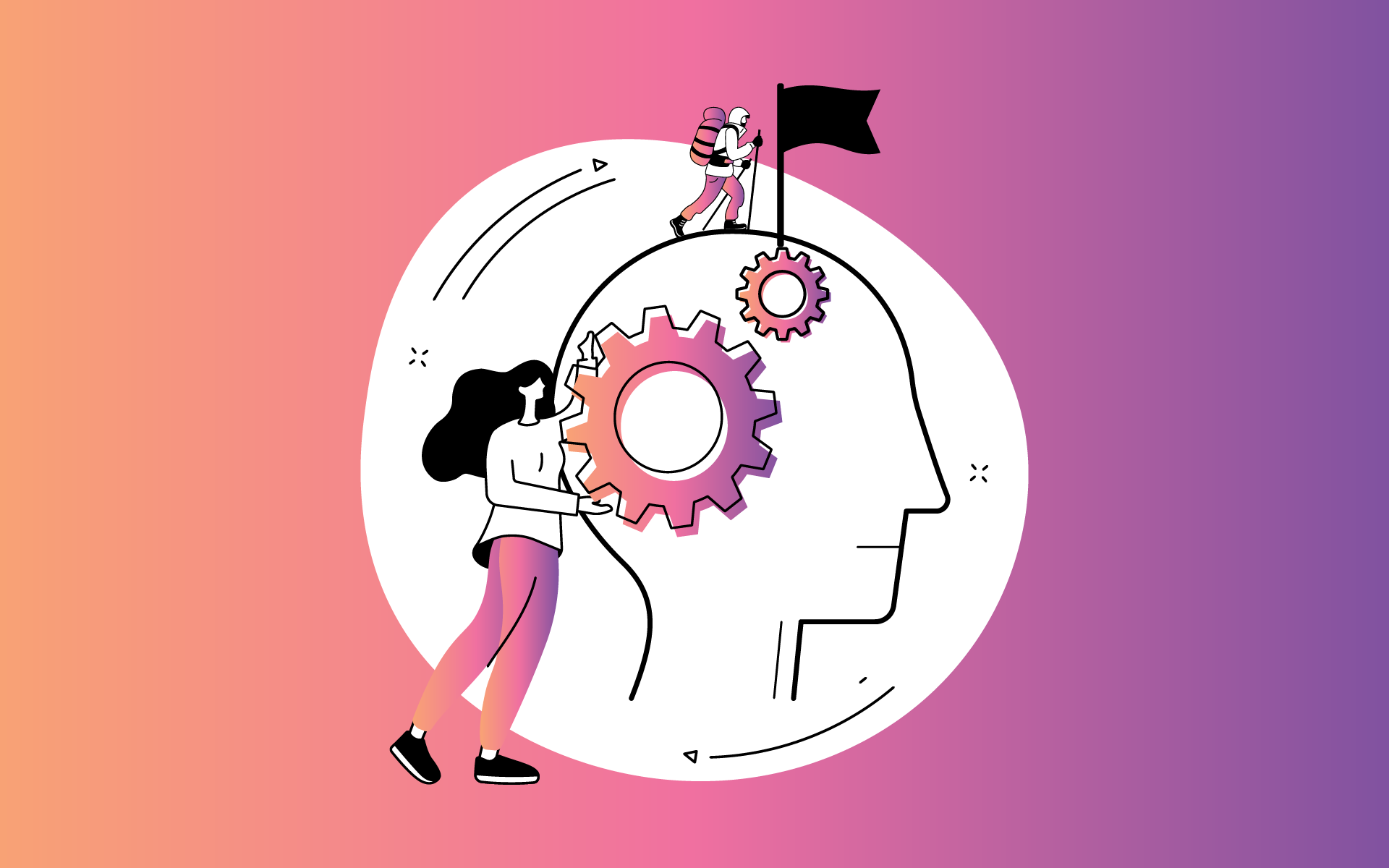Resilience. Grit.

How do you bounce back from setbacks that look insurmountable? The answer lies in the power of vision, built on a fundamental optimism.
The first time Saray Khumalo attempted to summit Mt Everest, in 2014, there was an avalanche. Sixteen of the sherpas accompanying climbers were killed. She tried again the next year “just in time for the earthquake.” Twenty-two people were killed at base camp, 9 000 in the country as a whole. The mountain was off limits. In 2016, she had a mountain biking accident that left her in a coma for three weeks. She started running as soon as she could after recovering, finished the Soweto Marathon, and went back to climbing. In 2017, she was 99m from the summit when the weather stopped the group in their tracks. “I came home frostbitten and having given up.” But when a friend died the next year, it shocked her back into action. “Tomorrow is not guaranteed. You will die when it is your time, where you are in that moment.” She summited on 16 May 2019. (You can hear the whole story on our podcast.)
When something bad happens, Saray says, she makes two lists: one of everything that went wrong, and one of the positive lessons that she can take from that. “I am very quick at accepting what I can’t change, and I aggressively follow what I can. That reduces the amount of time I waste regretting what hasn’t happened.”
This is called mental agility, says change expert Dr Frank Magwegwe: the ability to adapt positively to trauma, to take a wider perspective and not see a setback as a total disaster from which you cannot recover. He sums up the underlying conviction: “I may be struggling now, but my goodness, I’m going to persevere. That vision that I have is just too beautiful to not chase.”
Saray wrote “more than 200” letters for funding in 2016. Being rebuffed because she was Black, and a woman, only fed her determination. “It became about more than just education (for which she was raising funds). It became about representation.” She would not give up.
Corporate CSI executive, Setlogane Manchidi, wrote one bursary application after the other from his village in Limpopo. No matter how many replies he received starting with “We regret to inform you…”, he kept going, until he opened a brown envelope and the letter started, “It is our pleasure to offer you…” He was on his way to an honours degree from UCT, cum laude.
Standing in an empty classroom with a choir of 16 people, Ofentse Pitse thought, “Sydney Opera House.” To realise that vision, this architect with no musical training needed to learn conducting. “I kept knocking on doors. And to buffer the disappointment, I would knock on many doors at once, so I don’t remember which one was actually closed.” In the end, it was Gerben Grooten, internationally renowned conductor, who opened his door and took her on the next leg of her journey.
Mental agility also means that you are not set on one vision of how your path must progress. Saray thought America was the answer to her dreams but, once there, she decided the opposite. She came back to South Africa and built a career here. Economist Isaah Mhlanga was a brilliant maths student at school. He did not take accounting. Going to university, however, the only bursary he could get meant studying accounting. He started from scratch, making the field his own. Ntsiki Biyela, village girl from KZN, got a bursary to study winemaking. She had never tasted wine. Even so, she grabbed the opportunity. Today, she has her own wine label. Asnath Mahapa agreed to study engineering to satisfy her father but, after a year, convinced him that her future was as a pilot.
It helps if you have examples in your life of people who live like this. Saray’s mother single-handedly brought up seven girls on her earnings as a shop owner and businesswoman. “She taught us that the sky’s the limit,” remembers Saray. Ofentse’s mother would find a way to provide whatever she needed at the upmarket art school her daughter attended, even though it seemed impossible to Ofentse. “I saw that resilience firsthand, and it almost became my default setting.” GIBS academic, Dots Ndletyana, tells the story of her profoundly deaf mother going into downtown Johannesburg and finding a job as a dressmaker, no matter that she could not communicate verbally. “I didn’t know for a long time that she was a person living with disability.” Asnath’s mother started a teachers’ college near their home, teaching every day in high heels, coming home to fetch water from the river and cook on an open fire. “She was something else,” says her daughter. “Research across many countries has come to this conclusion,” says Dr Frank. “The engine of change, the engine of resilience, is optimism. People who are tenacious, who persevere, have an underlying belief that no matter how challenging things are, there’s a positive future – good things happen to people. And this is a skill we can learn, to be more optimistic. One way to do that is to project ‘the future possible self’. That’s what Ofentse did when she thought, ‘Sydney Opera House’. That’s what Asnath’s mum did in her high heels. We need optimism to take us into that future possibility, (to reinforce) the power of the vision.”
*You can get better at navigating change. Enrol to our Change Programme, an interactive course based on decades of science, that can help you find the growth and opportunity in all change.




